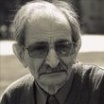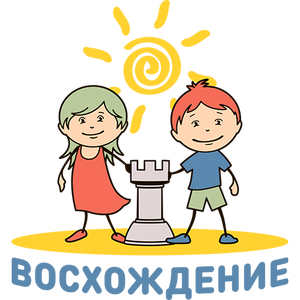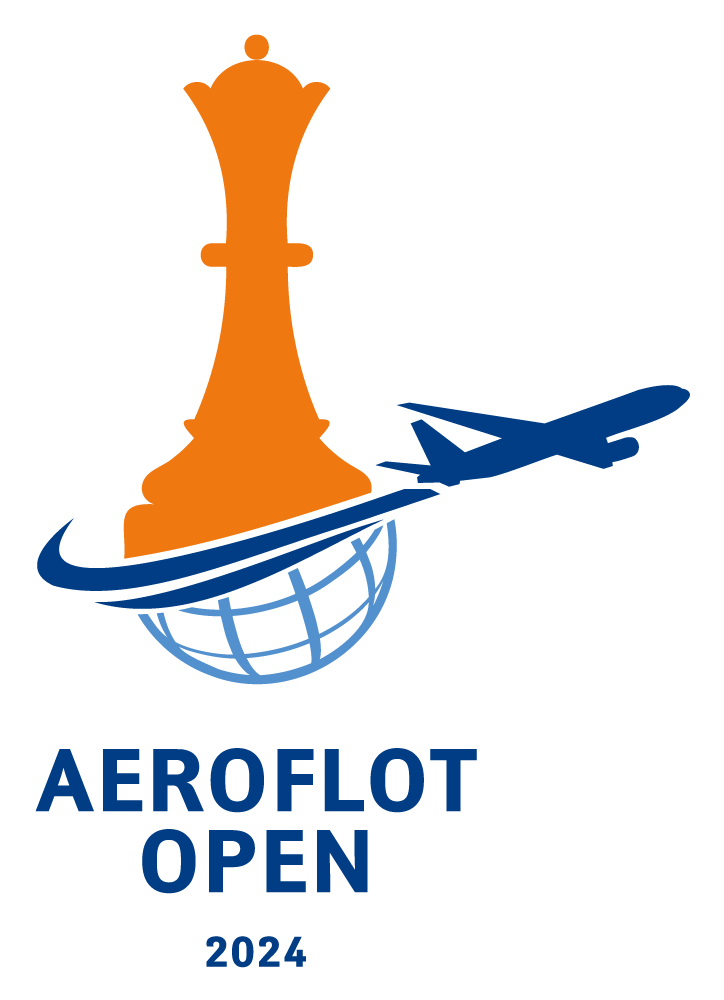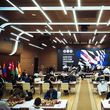Person of day - 6 OCTOBER 2023
YAKOV NEISHTADT

A writer, a theoretician and a historian of chess, Yakov Isaevich Neishtadt was born on 6th October 1923 in Moscow.
During World War II, he finished the school of infantry and, as a lieutenant who commanded a shooting division, he fought in Kharkiv, Kryvyi Rih, Kirovograd and Moldova. He was wounded twice, in 1942 and 1944. After demobilisation, he graduated from Moscow State University’s faculty of law.
In 1955, he became the acting editor of Chess in USSR, even though he continued to compete. Neishtadt himself wrote: “Alas, my practical successes in chess gradually gave way to literature. I became a candidate for master in 1950, but became a master only in 1961. As Mikhail Beilin accurately said, to play chess while editing them is the same as for a postman to go out after work. Joking aside, combining these things never brought success to anyone. But yes, a bad dancer is always hindered by something…”
Nonetheless, Yakov played in several Moscow championships and in 1956, he qualified for the semi-final of the USSR championship, where he drew against winners Khasin and Klaman.
Yakov Neishtadt: “Alexander Konstantinopolskiy- a wise mentor of many chess players- once advised me to try out my knowledge of openings and analysis in correspondence chess. Since then, I have played in two European championships, represented the Soviet teams in correspondence Olympiads, competed at a candidates’ tournament and performed at the XII world championship. In 1971, I became an international master and got a certificate as a recognised international master of the World Correspondence Chess Federation.
However, I never became a grandmaster. The same Beilin advocated that the highest title for correspondence chess should be correspondence-master, not grandmaster. But I won’t be able to win that title, since the XII championship was my last. Correspondence championships go on for many years. According to the rules, those who abandoned a competition (or died) will be awarded zeros, not minuses. ButIdon’twanttoseemyratingdecline…”
After 18 years at Chess in USSR, he was deputy editor from 1974-1979 before coming editor-in-chief of 64and the weekly column of 64in Soviet Sport. In 1975, he became an official arbiter in the Soviet Union.
He authored books that have been published in 13 countries: Chess Before Steinitz (1961), Queen’s Gambit Accepted (1957),Play the Catalan (1969 and 1986), The First World Champion (1971), 250 Traps and Combinations (1973), Uncrowned Champions (1975), Catastrophe in the Opening (1979), Practical Chess (Volume I in 1980 and II in 1997), Paul Keres, Chess Master (1982), Siegbert Tarrasch (1983), Queen Sacrifices (1989), Opening Mistakes and Insightful Combinations (2000 and 2003), Steinitz. A Seeker of Truth (2004), When to Sacrifice a Queen (2005). Recently, the patriarch of chess journalism published a textbook called Your Move and a compilation of mistakes titled How to Win at the Start!






















